In order to experience sexual intercourse with her partner as pleasant, a woman's vagina has to pass through Lubrication get sufficiently moist. If left too dry, a woman will experience penis penetration or clitoris rubbing during intercourse as painful.
What is the lubrication?

The wetness of the vagina before intercourse is called lubrication. As a result of sexual arousal, the vaginal mucous membranes (from the Bartholinian glands) secreted more fluid inside the vagina, which works like a lubricant and makes it easier for the penis to penetrate during sexual intercourse.
The liquid is clear and the composition can change during the menstrual cycle or due to diet. If the lubrication is impaired, the vagina will not be sufficiently moist and sexual intercourse will be experienced as uncomfortable to painful.
Function & task
The function of the vagina becoming moist is to optimally prepare the woman's body for the penetration of the penis during sexual intercourse. It is the female equivalent of the male erection.
Sexual arousal causes the labia and clitoris to swell and the more intensive blood circulation causes them to become more colored. Inside the vagina, the vaginal mucous membrane secretes more fluid during the various excitation phases, the vagina becomes longer and the uterus continues to retract.
The stronger and more intense the sexual arousal, the more fluid is formed by the vaginal mucous membranes. The lubrication acts as a natural lubricant to facilitate penile penetration and ensure painless sexual intercourse. If the mucous membranes are not moist enough, women experience it as uncomfortable and often also painful because the skin is sensitively irritated by the penetration.
Normally, the blood flow to the vagina works well, and when sexual arousal occurs, a sufficient amount of fluid is produced to make sexual intercourse pleasant. However, it can happen, especially during menopause, that the vaginal mucous membranes remain too dry, so that penetration of the penis can be uncomfortable and painful.
In these cases, many women resort to lubricating creams or gels that help to compensate for the lack of fluids. During menopause, vaginal dryness is mostly caused by a lack of estrogen and must be treated with ointments and vaginal suppositories containing estrogen.
If the vagina does not get properly moist, the woman will experience discomfort during sexual intercourse. The vaginal dryness can have various reasons, which can be physical or psychological.
Physically, there must first of all be a fundamental sexual desire in order to stimulate lubrication. If there is a lack of pleasure and desire, no sexual arousal can set in and therefore the vagina does not become moist.
If, despite sufficient excitement and stimulation, there is no moisturizing, the lubrication is disturbed. Gynecologists only speak of a disorder if the vaginal dryness is persistent and not just temporary.
Illnesses & ailments
Physical causes can be pelvic inflammation or a hormone deficiency during menopause. Physical complaints should always be examined by a doctor and treated if necessary. If there is inflammation or vaginal thrush, this needs to be treated and the mucous membranes need to recover for about 2 to 3 weeks.
If estrogen deficiency occurs frequently during menopause, gynecologists may prescribe estrogen-containing vaginal suppositories or creams to treat the hormone deficiency that is responsible for dry mucous membranes.
If too little lubricant is formed, but otherwise everything is physically in order, water-soluble lubricants can compensate for the lack of fluid. We strongly advise against using oils or ointments containing fat, because they lie like a film on the mucous membranes and can thus promote inflammation.
If the physical examination does not find a cause for the symptoms, medication intake and any side effects that result from it should also be checked. They can also lead to sexual aversion.
A disturbance of the lubrication can also have psychological reasons or be caused by problems in the partnership. Some women do not feel sufficiently stimulated by their partner before sexual intercourse and react with sexual aversion.
Men and women often have different definitions of adequate stimulation. Women are then not satisfied, but also do not want to criticize their partner as a lover. To avoid disappointment, it is important that couples talk openly with one another and respond to their respective needs. In this way, there is no aversion that could endanger a partnership in the long term.
Sexual aversion can also be caused by a sex-hostile upbringing. If the lubrication occurs during masturbation, for example, there is no general impairment.
Other possible reasons for a dry vagina are:
- frequent tampon changes during menstruation
- Side effect of contraceptives like the pill
- Hormonal changes during pregnancy
- Diabetes
- Cystitis
- traumatic experiences
- Anxiety, stress, or nervousness
In addition, unpleasant previous sexual experiences can play a role and spoil the enjoyment of sexuality, which in turn has an impact on sexual arousal. In this case, an understanding partner can help to reduce these fears and enable new positive experiences.

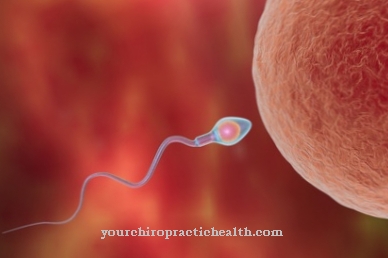
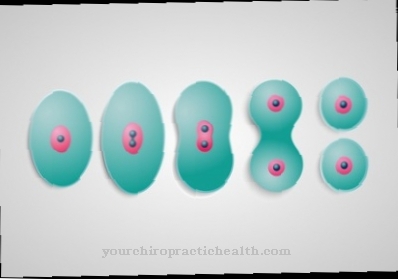
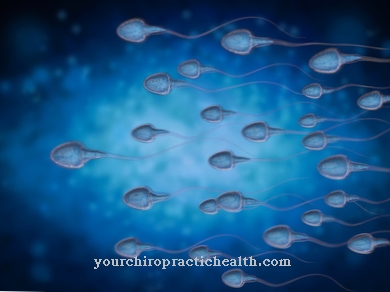
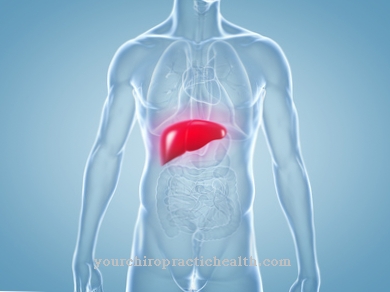
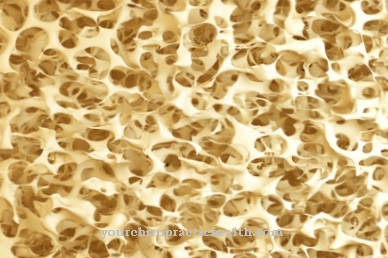







.jpg)

.jpg)
.jpg)











.jpg)